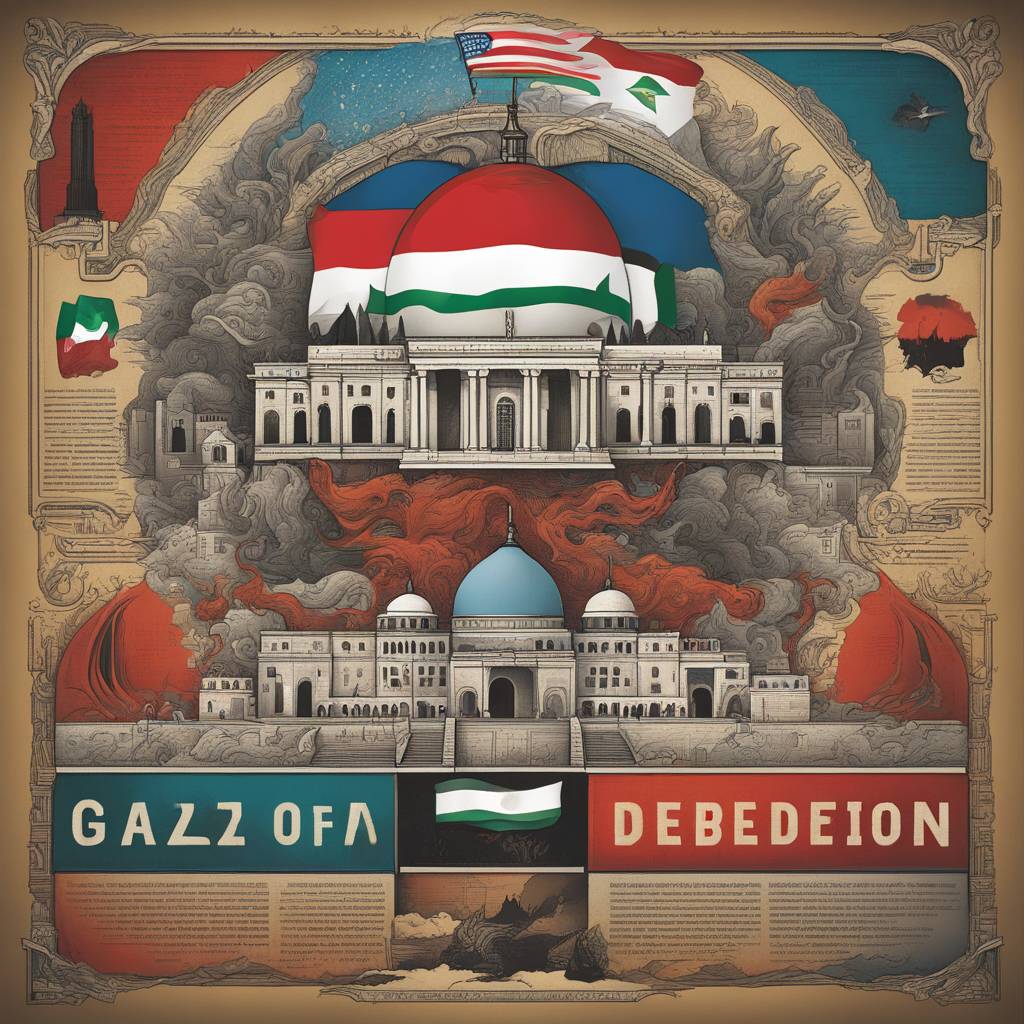This week in Brussels, key topics such as press freedom, artificial intelligence, and the situation in the Gaza Strip dominated the agenda. The European Parliament passed legislation in two areas linked to the defence of democracy and fundamental rights, adopting the Freedom of the Press Act and the Artificial Intelligence Act. The European Commission believes that the EU is setting an example for the rest of the world in terms of AI regulation, with European start-ups serving as ambassadors for this approach. However, the European Parliament also decided to file a court case against the EU’s executive body over the unfreezing of cohesion funds for Hungary, highlighting a clash between the institutions.
One significant development this week was the opening of a maritime humanitarian aid corridor between Cyprus and Gaza, with the support of the US and other countries. Cyprus, a member of the EU, serves as the starting point for humanitarian aid to the Palestinian territory. Joost Hiltermann, director of the Middle East and North Africa Programme at the International Crisis Group, discussed the implications of this corridor and other developments in Gaza. He noted that while the impact of the aid corridor is limited due to the small volumes of aid being transported and challenges with distribution, the initiative sheds light on the humanitarian situation in Gaza.
The European Parliament’s legislative efforts in the areas of press freedom and artificial intelligence reflect a commitment to defending democracy and fundamental rights. The passage of the Freedom of the Press Act and the Artificial Intelligence Act demonstrates the EU’s proactive approach to regulating these key issues. Despite this progress, the decision to file a court case against the European Commission over the unfreezing of cohesion funds for Hungary underscores the complexity of EU governance and the potential for conflicts between institutions.
The establishment of a maritime humanitarian aid corridor between Cyprus and Gaza is a significant development that highlights international efforts to address the humanitarian situation in the Palestinian territory. While the impact of the aid corridor is limited, it serves as a symbol of solidarity and support for the people of Gaza. Joost Hiltermann’s analysis of the challenges with aid distribution in Gaza points to the importance of not only providing aid but also ensuring effective delivery mechanisms to reach those in need.
Overall, the events in Brussels this week underscore the importance of press freedom, artificial intelligence regulation, and international humanitarian efforts in addressing key global issues. The EU’s legislative actions reflect a commitment to upholding democratic values and fundamental rights, while initiatives like the humanitarian aid corridor demonstrate solidarity with communities in need. The clash between the European Parliament and the European Commission over cohesion funds for Hungary highlights the complexities of EU governance and the need for effective coordination between institutions. As these issues continue to shape the global agenda, it is essential for policymakers and stakeholders to work together towards sustainable solutions.













